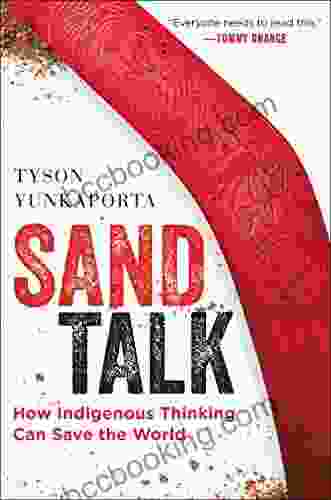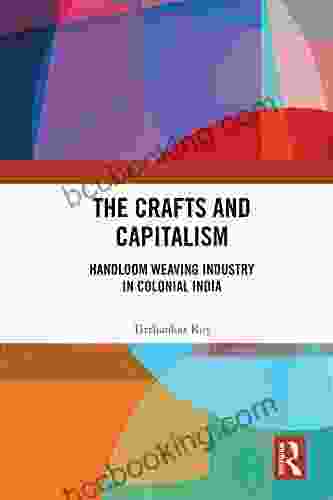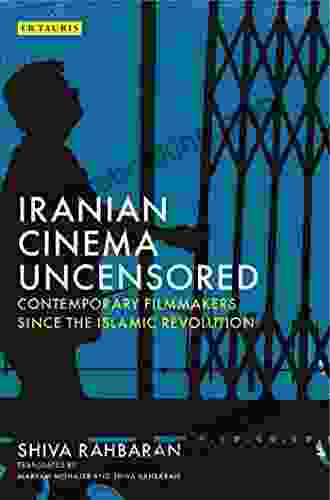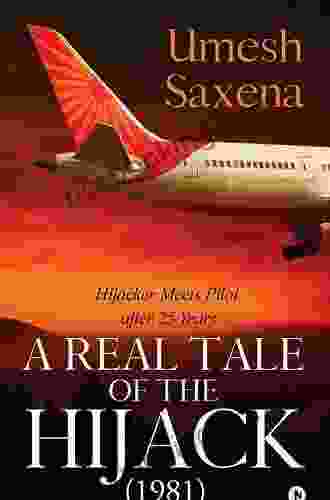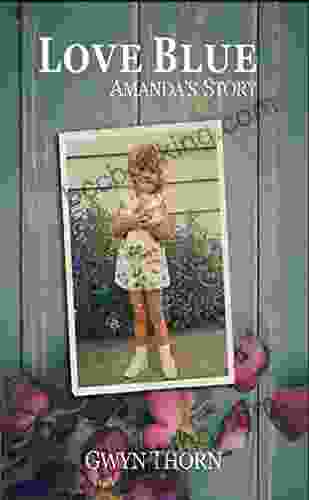How Indigenous Thinking Can Save The World

In her groundbreaking book, How Indigenous Thinking Can Save The World, Robin Wall Kimmerer argues that the key to healing our relationship with the Earth lies in learning from indigenous ways of knowing. Drawing on her own experiences as a botanist and member of the Potawatomi Nation, she shows how indigenous peoples have a deep understanding of the natural world and a profound respect for all living things.
4.7 out of 5
| Language | : | English |
| File size | : | 4977 KB |
| Text-to-Speech | : | Enabled |
| Screen Reader | : | Supported |
| Enhanced typesetting | : | Enabled |
| X-Ray | : | Enabled |
| Word Wise | : | Enabled |
| Print length | : | 256 pages |
Kimmerer begins by exploring the concept of "reciprocity," which is central to indigenous thinking. Reciprocity is the idea that we are all connected to each other and to the Earth, and that we must give back to the Earth what we take from it. This concept is in stark contrast to the Western worldview, which sees the Earth as a resource to be exploited for our own benefit.
Kimmerer also discusses the importance of storytelling in indigenous cultures. Stories are a way of passing down knowledge and wisdom from generation to generation, and they can help us to understand the world around us. Kimmerer shares several stories in the book, including the story of the "Three Sisters" (corn, beans, and squash),which is a parable about the importance of cooperation and interdependence.
Perhaps the most important lesson that we can learn from indigenous thinking is the importance of humility. Kimmerer writes, "Humility is not about thinking less of ourselves, but about thinking of ourselves less." We need to recognize that we are not the center of the universe, and that we are just one part of a vast web of life. When we learn to be humble, we can begin to heal our relationship with the Earth and with each other.
How Indigenous Thinking Can Save The World is a powerful and inspiring book that offers a new way of thinking about our relationship with the Earth. Kimmerer's writing is clear and concise, and she provides plenty of examples to illustrate her points. This book is essential reading for anyone who is concerned about the future of our planet.
About the Author
Robin Wall Kimmerer is a botanist, writer, and member of the Potawatomi Nation. She is the author of several books, including Gathering Moss: A Natural and Cultural History of Mosses and Braiding Sweetgrass: Indigenous Wisdom, Scientific Knowledge, and the Teachings of Plants.
Further Reading
- How Indigenous Thinking Can Save the World by Robin Wall Kimmerer (Sierra Club)
- How Indigenous Thinking Can Save the World by Robin Wall Kimmerer (The Atlantic)
- How Indigenous Thinking Can Save the World by Robin Wall Kimmerer (The New York Times)
4.7 out of 5
| Language | : | English |
| File size | : | 4977 KB |
| Text-to-Speech | : | Enabled |
| Screen Reader | : | Supported |
| Enhanced typesetting | : | Enabled |
| X-Ray | : | Enabled |
| Word Wise | : | Enabled |
| Print length | : | 256 pages |
Do you want to contribute by writing guest posts on this blog?
Please contact us and send us a resume of previous articles that you have written.
 Book
Book Novel
Novel Page
Page Chapter
Chapter Text
Text Story
Story Genre
Genre Reader
Reader Library
Library Paperback
Paperback E-book
E-book Magazine
Magazine Newspaper
Newspaper Paragraph
Paragraph Sentence
Sentence Bookmark
Bookmark Shelf
Shelf Glossary
Glossary Bibliography
Bibliography Foreword
Foreword Preface
Preface Synopsis
Synopsis Annotation
Annotation Footnote
Footnote Manuscript
Manuscript Scroll
Scroll Codex
Codex Tome
Tome Bestseller
Bestseller Classics
Classics Library card
Library card Narrative
Narrative Biography
Biography Autobiography
Autobiography Memoir
Memoir Reference
Reference Encyclopedia
Encyclopedia Marni Sommer
Marni Sommer Ted Riley
Ted Riley Heath Lambert
Heath Lambert Steven Kerry Brown
Steven Kerry Brown Tiya Miles
Tiya Miles Philip P Massaro
Philip P Massaro Peter Mayle
Peter Mayle The Dark Lords
The Dark Lords Stephen Birmingham
Stephen Birmingham Reprint Edition Kindle Edition
Reprint Edition Kindle Edition Who Hq
Who Hq Tom Bancroft
Tom Bancroft Stephanie Newell
Stephanie Newell Susanna Heli
Susanna Heli Brandon Varnell
Brandon Varnell W Somerset Maugham
W Somerset Maugham Seymour Resnick
Seymour Resnick J W Lynne
J W Lynne Marissa Meyer
Marissa Meyer Tommy Hicks
Tommy Hicks
Light bulbAdvertise smarter! Our strategic ad space ensures maximum exposure. Reserve your spot today!
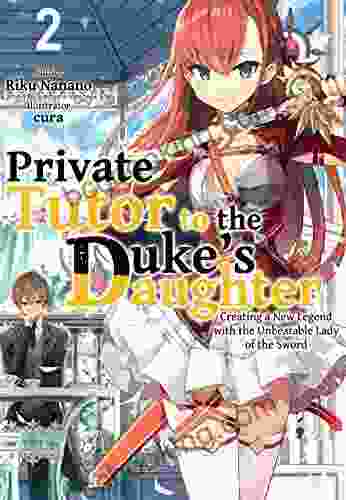
 Russell MitchellPrivate Tutor to the Duke's Daughter: Volume 1 - A Captivating Tale of...
Russell MitchellPrivate Tutor to the Duke's Daughter: Volume 1 - A Captivating Tale of... Beau CarterFollow ·3.2k
Beau CarterFollow ·3.2k Lucas ReedFollow ·13.2k
Lucas ReedFollow ·13.2k Edwin CoxFollow ·19k
Edwin CoxFollow ·19k Timothy WardFollow ·14.6k
Timothy WardFollow ·14.6k Matt ReedFollow ·7.7k
Matt ReedFollow ·7.7k Shawn ReedFollow ·14.4k
Shawn ReedFollow ·14.4k Colin FosterFollow ·7.5k
Colin FosterFollow ·7.5k Julio CortázarFollow ·13k
Julio CortázarFollow ·13k

 Amir Simmons
Amir SimmonsImmerse Yourself in the Enchanting Realm of Nora Roberts'...
Prepare to be captivated by...
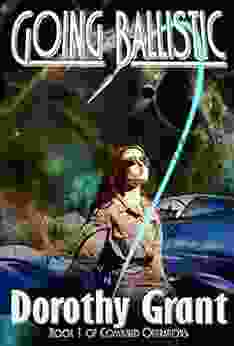
 Dan Henderson
Dan HendersonUnleash the Explosive Action of Going Ballistic Combined...
Prepare for an...

 Jeffery Bell
Jeffery BellDiscover the Controversial and Captivating "The Anarchist...
In the realm of literature, there are...

 Ryan Foster
Ryan FosterUnveiling Lincoln's Eloquence: How His Greatest Speeches...
In the annals of American...

 Jaime Mitchell
Jaime MitchellLove Radio Vinny Berry: A Journey of Heartbreak, Healing,...
Vinny Berry's...
4.7 out of 5
| Language | : | English |
| File size | : | 4977 KB |
| Text-to-Speech | : | Enabled |
| Screen Reader | : | Supported |
| Enhanced typesetting | : | Enabled |
| X-Ray | : | Enabled |
| Word Wise | : | Enabled |
| Print length | : | 256 pages |


